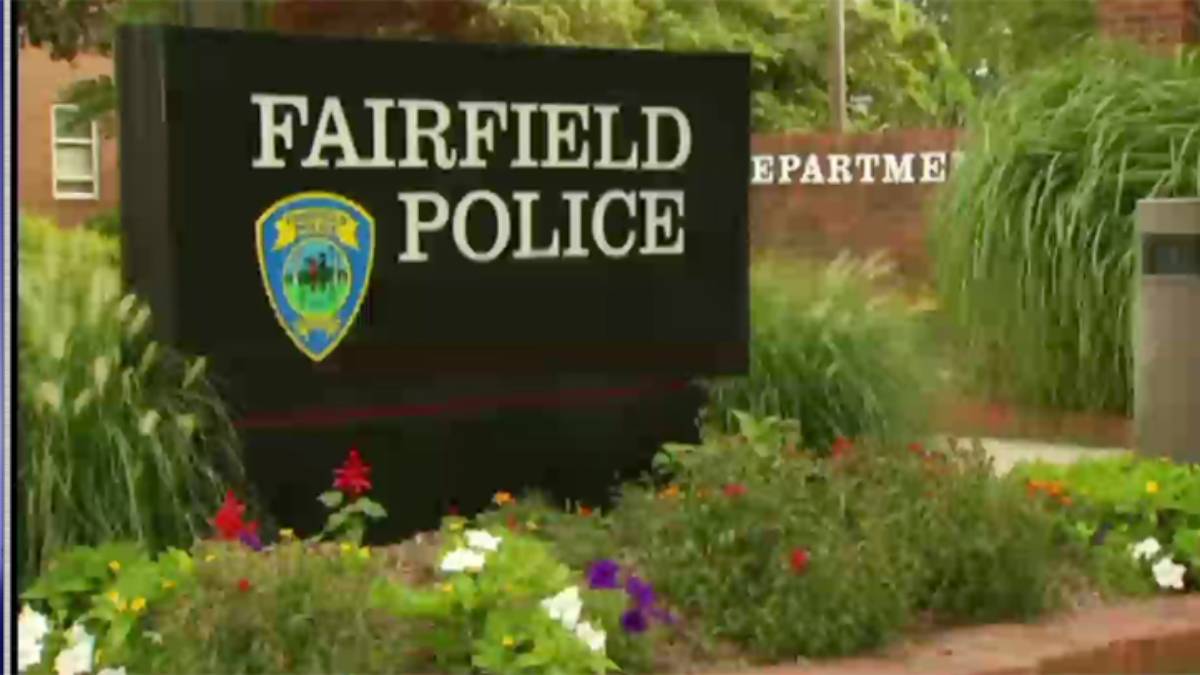Environmentalists and homeowners demonstrated in Trenton, N.J. Monday against rules that would allow exploration and development of natural gas wells in the Delaware River basin, which includes three of New York City's drinking water reservoirs.
"I am willing to stand in front of a bulldozer for my daughter," said Shannon Pendleton, a mother from Bryn Athyn, Pa., who gets her water from a well.
It was the movie "Gasland" that first brought the practice of fracking to popular attention.
In it, a Pennsylvania homeowner turns on the tap at his kitchen sink, holds a match to it, and the high concentration of methane in the water catches on fire, even as the water runs out of the faucet.
The movie claimed the methane came from a nearby fracking well.
Fracking is the process of drilling a well, usually down several thousand feet, to a layer of shale. The drill pipe then makes a right turn to run horizontally and is pumped full of water, sand and toxic chemicals. That high pressure mixture cracks, or fractures, the shale, releasing small pockets of natural gas that then migrate to the pipe.
Among the estimated 600 demonstrators in Trenton were Julie and Craig Sautner.
Local
Their well water at their home in Dimock, Pa. was polluted as soon as a fracking well was drilled nearby, and the drilling company then provided water to their home for the past three years.
But despite well-publicized examples like that, the industry maintains that overall, its record from Texas and Oklahoma, where fracking first came into use several years ago, to Pennsylvania, where it is just coming into its own, is one of overall environmental safety.
And the recent upsurge in fracking has led to tens of thousands of jobs, as well as lower prices for the natural gas that heats homes and produces electricity, the industry argues.
The two shale beds in the Delaware, the Marcellus and the deeper Utica -- which covers part of northwestern New Jersey -- are thousands of feet below the ground water.
But many fear the drilling process could pollute streams or the ground water with chemicals like arsenic, and even New Jersey Gov. Chris Christie said he is not sure of the science.
Christie said he won't vote for fracking until he is "convinced that something can be done in a safe way."
The four governors who vote through the Delaware River Basin Commission (New Jersey, Pennsylvania, New York and Delaware, along with the federal Army Corps of Engineers) put off a vote scheduled for Monday after Delaware Gov. Jack Markell said last week he would vote against the proposed rules that would allow fracking.
Follow Brian Thompson @brian4NY



